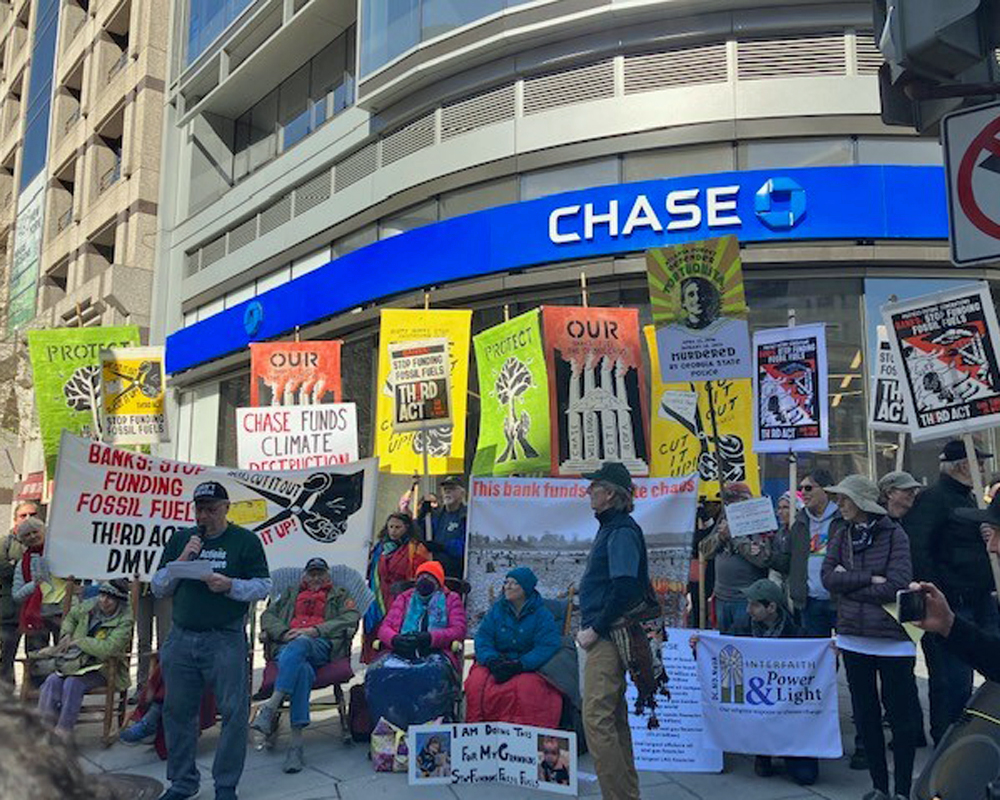Not all banks are created equal. Whichever bank you use, your money will be there when you need it. But while it’s in your account, the bank can use your money how it wants, which could be aligned with your values — or not.
You can put your money to good use simply by doing your banking with a community development bank or credit union to meet all your regular banking needs, including accounts for checking, savings, certificates of deposit, loans and more.
Benefits can include:
- Creating good-paying local jobs.
- Supporting clean energy, fair labor, and food security in food deserts.
- Providing financial services to low-income people and investments in small business, affordable housing, and education.
- Investing in your local economy.
- More accountability to individual customer-members.
Ready to make the switch but unsure how?
Below are our 10 Steps to Break Up with Your Megabank – and you can find the 10 Steps in a poster here.


